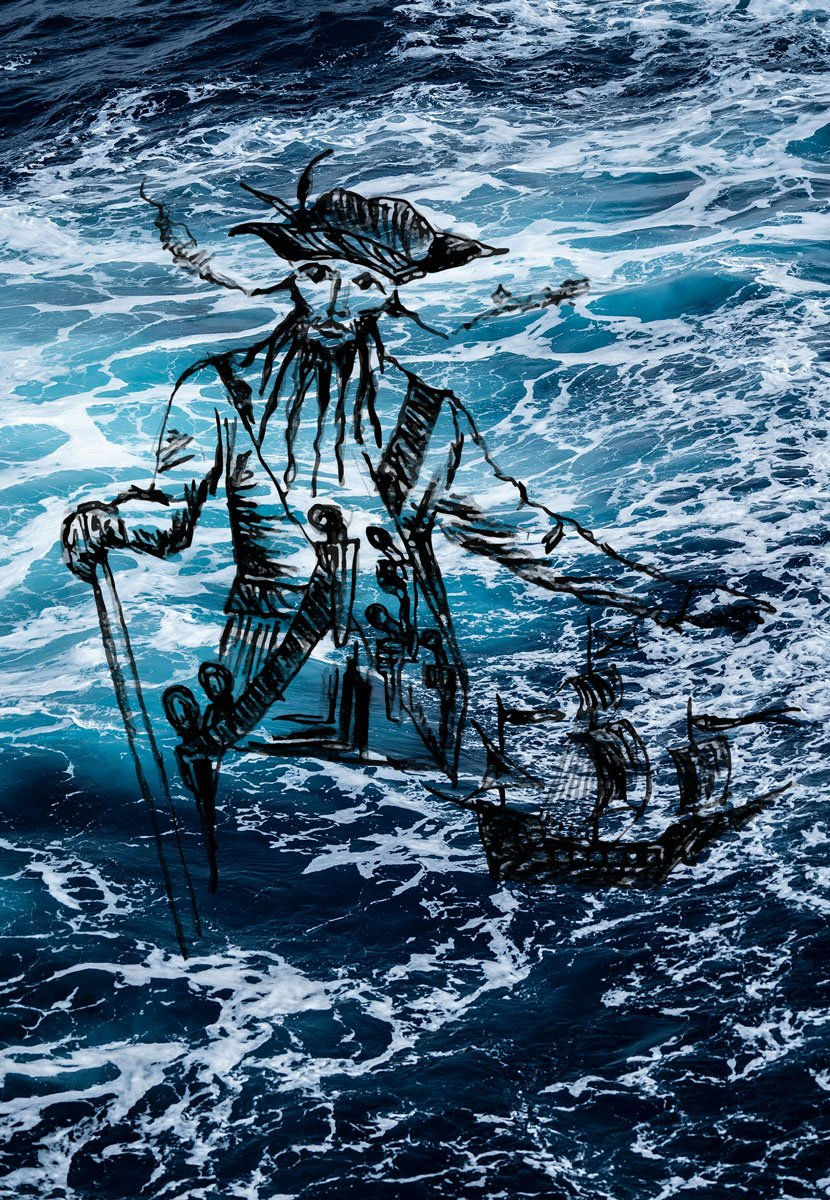Preface
- William F. Merck II

- Jan 2, 2023
- 3 min read
Updated: Jan 30

In my sophomore year of college, one of my professors asked his students about their personal philosophy of life. He was a sociology teacher who preferred to be addressed as Major Grant. That title, presumably from some vague military experience, complemented the superior attitude he kept on display, as he strutted around the front of his classroom. When he asked that question one day during a lecture—after sharing a few of his non-memorable thoughts on his place in life—I stirred from my boredom and thought, I’m eighteen years old. I haven’t lived long enough to answer that.
Sometimes, very thought-provoking questions come from the unlikeliest sources, and this was certainly one of those instances. The “Major” was hardly a philosopher nor a deep thinker. Still, I’ve thought about that professor’s question many times since. Now that I have lived longer and accumulated some experience in life, I have an answer. Occasionally, I bring up this question with others and ask them to sum up their life philosophies in a sentence. But how anyone sees life is complex and can rarely be expressed in an answer that fits on a bumper sticker.
Pressing Questions
My views on life cannot be summarized in one sentence. They demand a longer answer that has roots in my childhood experiences, my views on religion, prejudice, nature, war, the development of character, and, ultimately, the enlightenment that comes from reflection on what all these experiences have to do with shaping who I am.
Where do my thoughts come from?
Why do I feel certain ways about people?
Why am I here?
What makes me special or different?
How do I know if something is right or wrong?
Is there a power greater than me?
Do I have a purpose to fulfill?
Why do I prefer one thing over another?
When did I form that opinion?
Do I have an obligation to society?
Various religions attempt to answer these types of questions to explain our value and existence. Philosophical icons in history have offered deep and thoughtful dissertations.

I use my life’s experiences to show how they shaped my view of the world.
But, in the end, it is up to the individual, should they so desire, to seek an understanding of the motivations behind the development of their own beliefs as to why they are here and what they should do with the infinite possibilities this life gives to them—a life given that probabilities suggest never should have occurred. Each person choosing to articulate how they view the world and their place in it, or what I’m calling “finding a philosophy of life,” will see their core beliefs shaped by a lifetime of unique experiences.
I use my life’s experiences to show how they shaped my view of the world, forming my personal philosophy of life. At times, when something new slapped me in the face, the shock transformed an earlier view, and I was completely aware of what had just happened. Other times, a less traumatic, transformational event happened, and it took decades for me to fully understand the impact that event had on my way of thinking.

Introspection will allow me to develop a deeper and richer philosophy of life.
This delay in attributing cause to the effect was particularly true of experiences in my youth when my reasoning ability was limited in experience. I had no basis for contrast or comparison. An example of a delayed understanding that occurred early in my life was being around creative, innovative people. I absorbed their abstract ways of thinking without realizing what fortunate gifts they were until many years later.
Who I am has a great deal to do with the influences of my early experiences. Who was I around then? What did these people believe? How readily did I absorb and adopt their views, setting me on a path for what I might become? As powerful as childhood influences are—and they are powerful—I now realize I have the capacity to alter any path they might have set me on, guided by my later, more mature experiences, if I choose to do so. If I refuse to allow myself to succumb to a state of emotional and intellectual calcification along the way, I will learn, grow, and reach my full potential as a human being. I know introspection, no matter how messy or uncomfortable it might make me feel at times, will allow me to develop a deeper and richer philosophy of life.
Excerpt from my book, Breadcrumbs, Finding a Philosophy of Life.





Comments